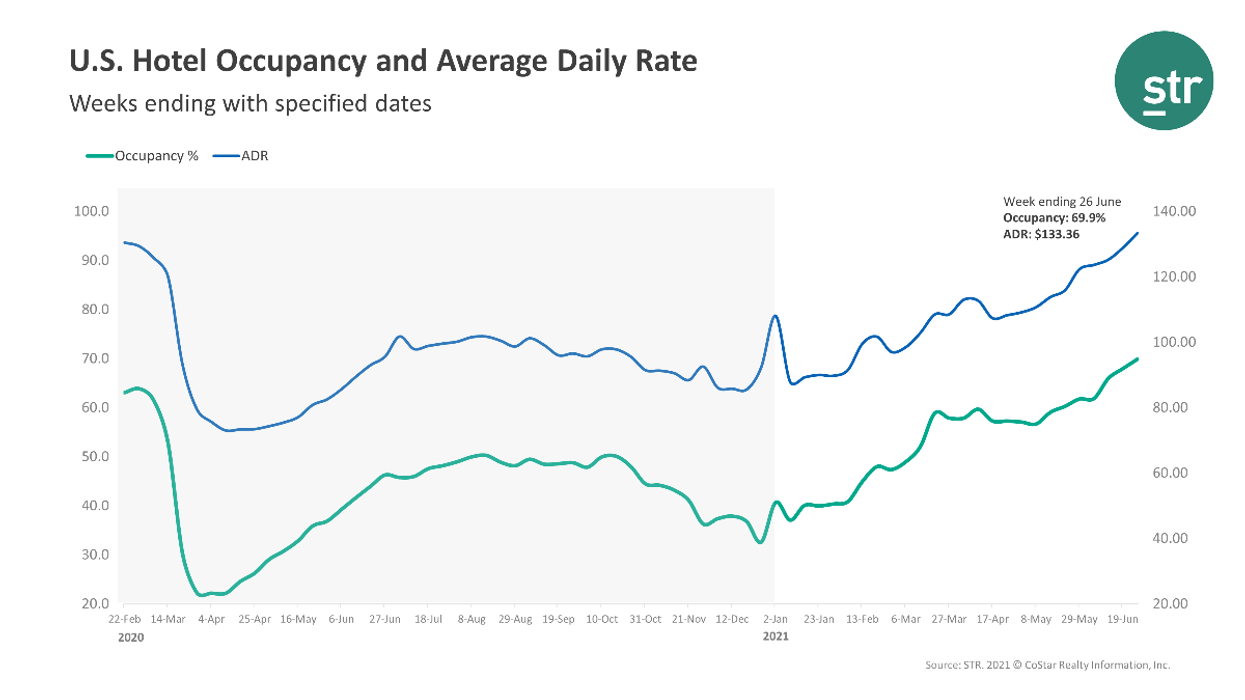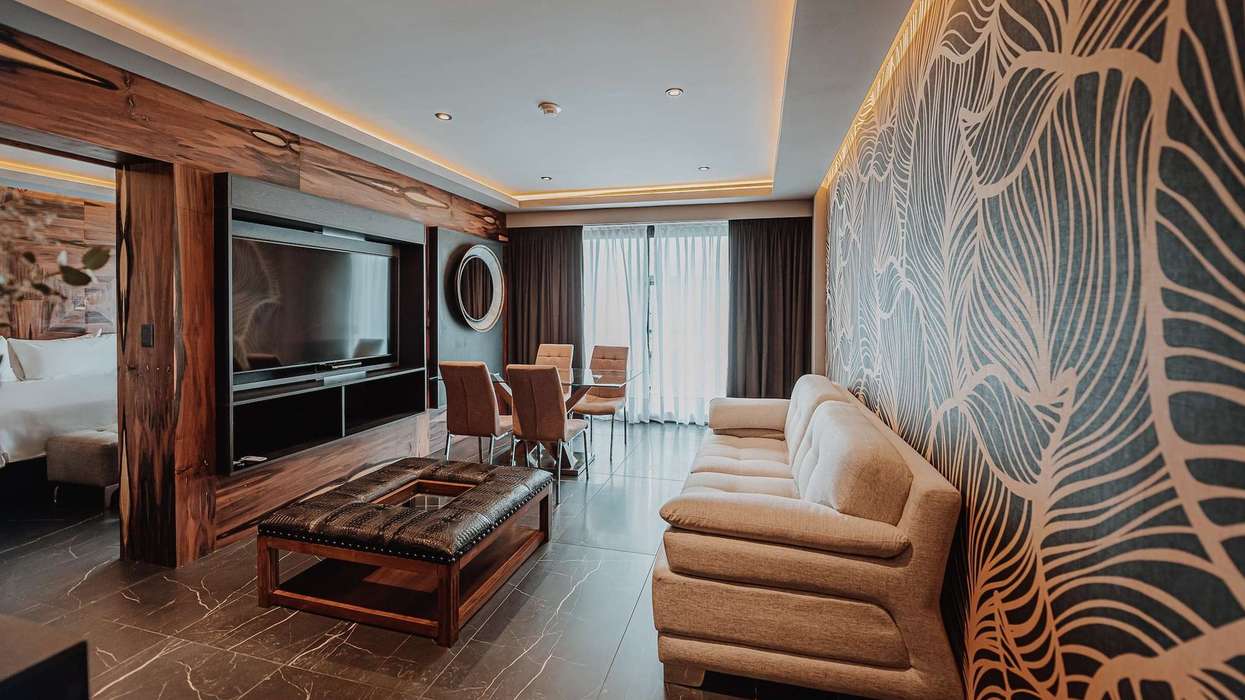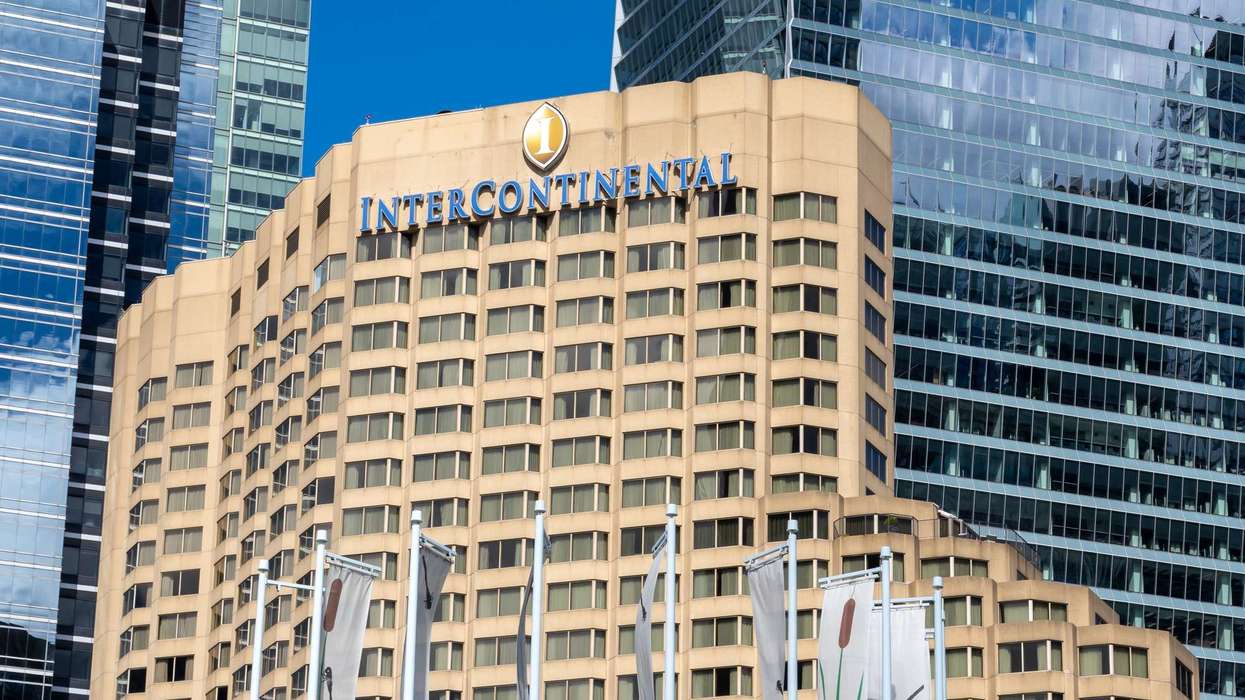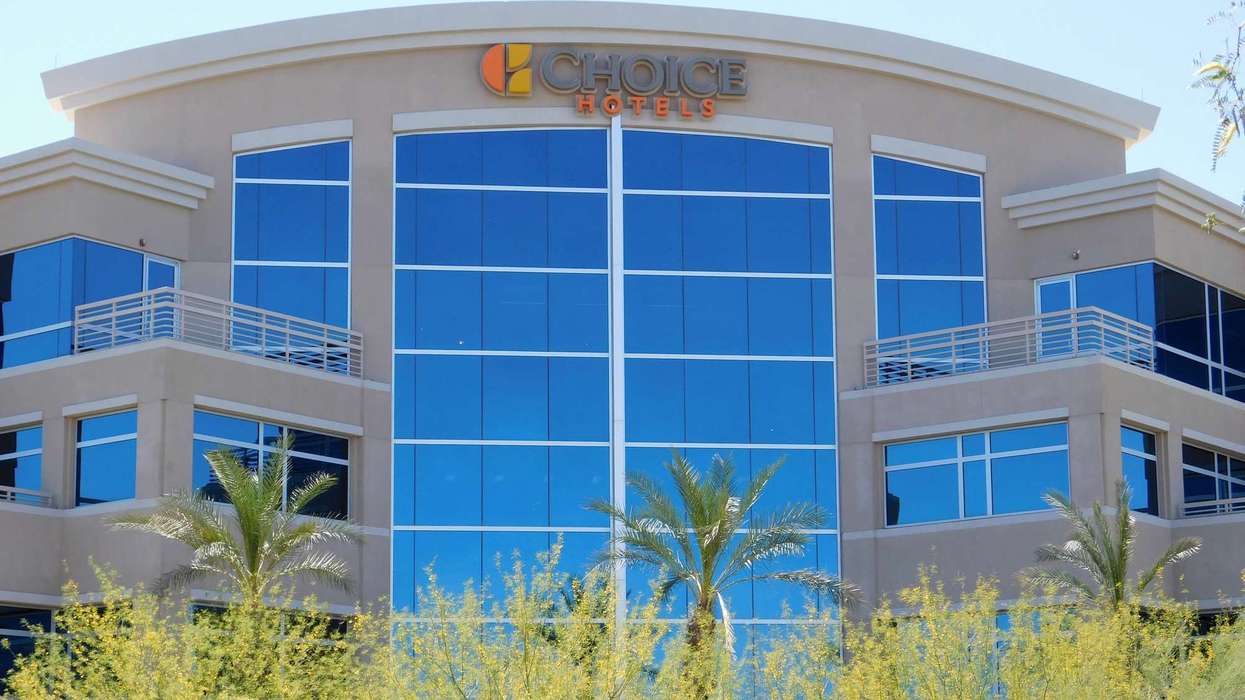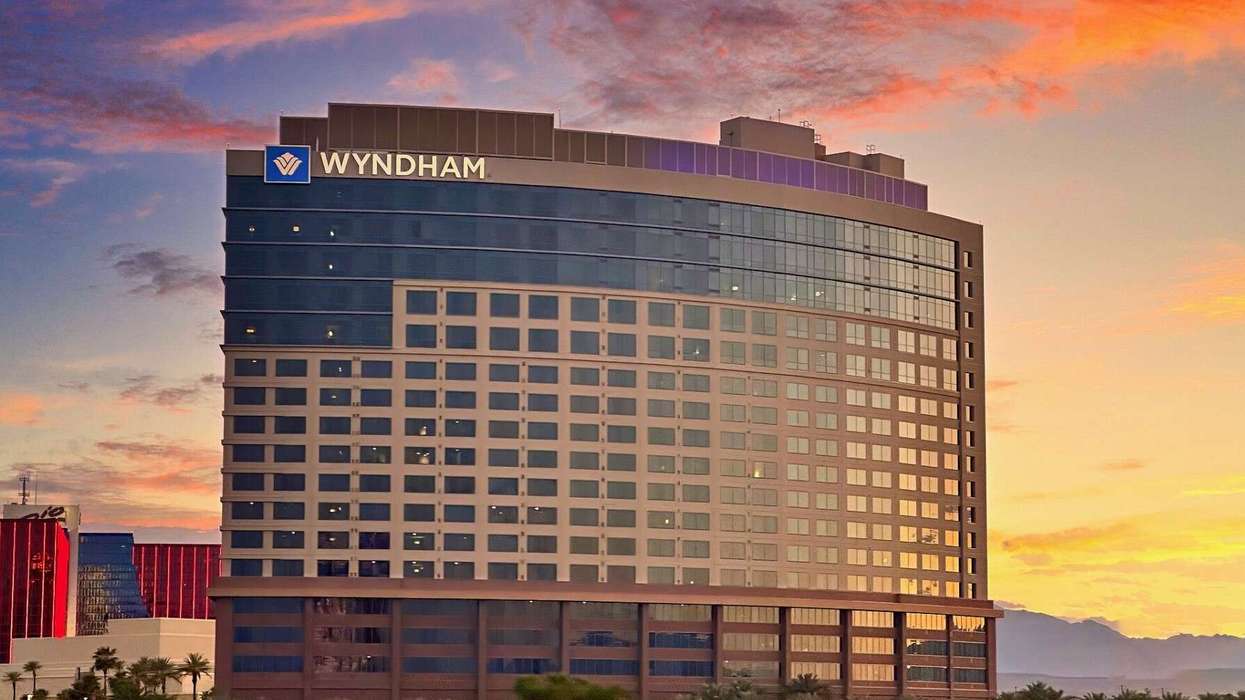THE RECOVERY CONTINUED in the final full week of June for U.S. hotels, according to STR. Occupancy reached its highest level since late October 2019.
For the week ending June 26, occupancy averaged 69.9 percent up from 68 percent the week before and down just 7.3 percent from the same time period in 2019. ADR reached $133.36, up from $128.90 the week before and down 0.5 percent from 2019, and RevPAR was $93.19 compared to $87.62 the previous week and down 7.8 percent from two years ago.
“In addition to occupancy reaching its highest point since the week ending Oct. 26, 2019, ADR and RevPAR were the highest of the pandemic-era,” STR said. “Weekend occupancy surpassed the 2019 comparable for the second time in three weeks, while ADR was 13 percent higher than the corresponding weekend from June 2019.”
At 78.5 percent, Tampa’s occupancy rate was the only one among STR’s top 25 markets to exceed 2019 levels, up by 3.5 percent. San Francisco/San Mateo, California, saw the steepest decline in occupancy compared with 2019, down 39.3 percent to 53.4 percent. That market also saw the largest drop in RevPAR, down 59.3 percent to $84.14, followed by Boston, down 53.9 percent to $90.07.
Miami reported the largest increases over 2019 in both ADR, up 48.5 percent to $222.95, and RevPAR, up 44.7 percent to $163.37.
